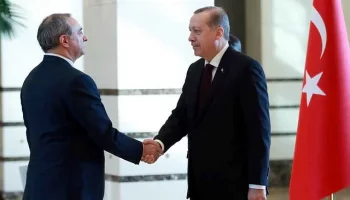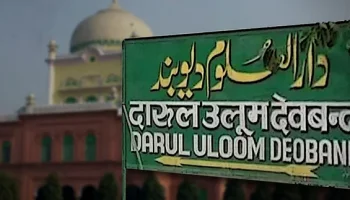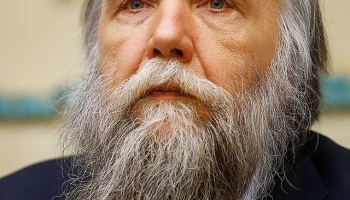In Myanmar, officially Aung San Suu Kyi is not the head of the government. But she is more than a ‘head’ of the country now. She holds three posts of the present government: foreign affairs minister, minister of the President’s Office and State Counselor. The last one is very unique in nature. Essentially it is the alternative post in disguise of prime minister.
With these three posts. Suu Kyi controls everything of the government except national security or so called ‘defence’. Unlike other parts of the world, Burmese senior generals are the self-established sole authority to look after the military issues of the state.
Suu Kyi’s government is near completing the fourth year of its first innings. Myanmar is preparing for another nationwide election in 2020. As a consequence, daughter of Aung San needs to audit her first term and rejuvenate herself for the second face-to-face to the opposition, who are again one of the key civil-ally of the military establishment.
Renewing tenure is a tough thing in an all ‘delicate democracy’ like Myanmar. There is the strong anti-incumbency factor. But Suu Kyi has no tough challenger in electoral front. That is a structural advantage for her, even though she needs to fight her own shadow and promises. As a democratic icon, her myth and commitment has proven impotent.
The win of Suu Kyi and her team NLD in November 2015 was a great political triumph in post colonial Myanmar. It was a super majority and absolute verdict against the military cronies. Democratic struggle of modern Myanmar was a source of inspiration for other South Asian rights activists who were contending their own hybrid regimes. But that historical momentum for Myanmar is over and probably lost also.
As a historical partner of an imagined ‘Union’, all the ethnic minorities of the Myanmar wanted to see changes in statecraft for true federalism under Suu Kyi. NLD started with huge burden of hope. There was a strong demand for constitutional reforms, meaningful autonomy for ethnically diversified regions and downsize of military influences over central civic polity. Suu Kyi delivered nothing. There was even no bold initiative.
All the last four years NLD tried to adjust to the military cronies and its powerful monk associations. There is a genuine basis for such an alliance. All these three power centers of Burmese society are generally based on the Bamar community, the dominant ethnic group of Union Myanmar.
But now election year is approaching. Suu Kyi knows people will ask her about democratic reforms of the state as she promised. In recent months, many armed resistance groups of ethnic minorities are displaying impatience and anger about the hollow conclusion to the much talked-about national dialogue on reconstruction of centre-state relations.
Against this backdrop, Suu Kyi and her associates recently proposed few changes in the constitution in parliament. It is the first official attempt to amend the constitution since NLD won the election and were allowed by generals to take up power. Under the present legal fabric any amendment of the Charter needs more than 75 per cent support from the members of the upper and lower Houses.
But 25 per cent members of the parliament are military-appointed and from the defence services. They are against any fundamental changes of the present constitution. As a member of the parliament these defence personnel are not elected, but equal in status.
All the seven states of Myanmar including Shan, Kachin and Karens are demanding such a change in the Union Charter before next election, which will establish a new system of national and regional wealth distribution, instead of the present one.
In this context, Suu Kyi is gambling. It will be a great push for her in upcoming election if she succeed to fix a deal, in line with ethnic minorities with senior generals and able to bring some changes to the constitution. But failure on this issue also can give her clout. She will able to accuse the military of a fiasco of democratic restructure of the present Union.
No wonder that Tatmadaw, the official name of the armed forces of Myanmar, are very alert about the election arrangement of Aung San Suu Kyi and NLD. The former one will not give any extra edge to the latter. There may being about a ‘deal’ with the help of big neighbor China who is exclusively playing the role of a savior in the international arena for both Suu Kyi and Tatmadaw.
But any ‘deal’, solely for narrow mutual interests of army and NLD, will decompose the great hope for a democratic and genuine federation of ethnically diverse Myanmar, which was the main premise of the united freedom struggle of all ethnic armed groups against colonial masters before 1947, under the leadership of General Aung San.
South Asia has many fathers of the nations. General Aung San is one of them. The difference among all the ‘fathers’ and their successors is loud and clear: winning over the colonial army is easier than making changes in the colonial state apparatus.
Genuine structural reforms need politics and ideology, not gambling. But there is also a famous saying, ‘there is no gambling like politics’!




